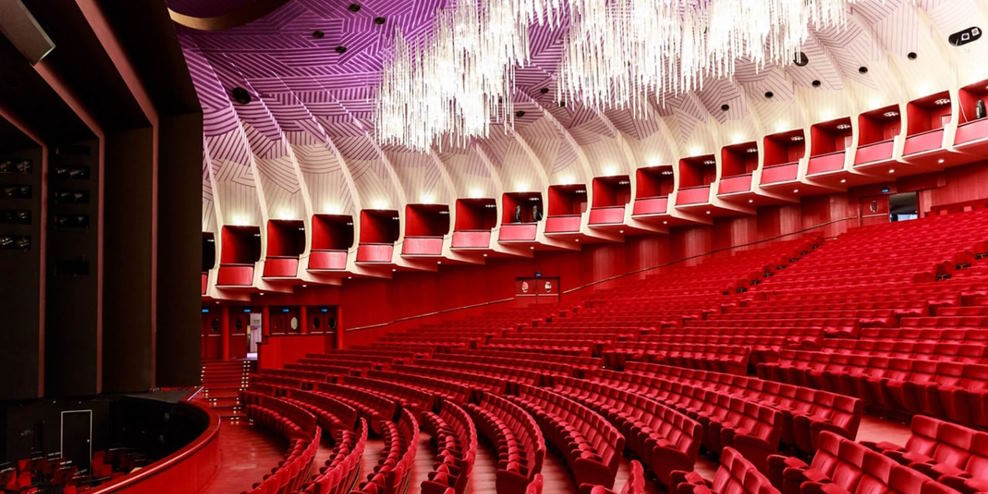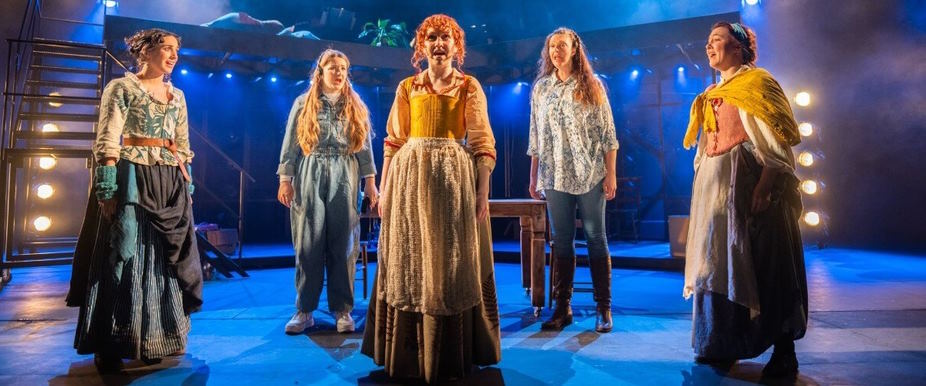
The Rise of Modern Theatre: Exploring the Evolution of Contemporary Stage Performance
Theatre has been a beloved art form for centuries, captivating audiences with its ability to tell powerful stories through live performances. In recent years, the theatre has transformed, with contemporary artists and theatre-makers pushing the boundaries of what is possible on stage. In this article, we will explore the evolution of modern theatre, from its origins to its current form.
Origins of Modern Theatre
Modern theatre emerged in the early 20th century with artists who sought to break away from traditional forms of theatre and create something new. One of the pioneers of modern theatre was Antonin Artaud, a French playwright who believed in visceral and challenging theatre. The Surrealist movement influenced Artaud’s ideas, which rejected rationalism and embraced the irrational and the subconscious.
Another influential figure in modern theatre was Bertolt Brecht, a German playwright who sought to create a political and socially engaged theatre. Brecht believed that theatre should not just entertain but also educate and inspire audiences to take action against injustice. He created a style of theatre called “epic theatre,” characterised by non-realistic staging, direct address to the audience, and a focus on the socio-political message of the play.

The Evolution of Modern Theatre
Over the years, the modern theatre has evolved to encompass a wide range of styles and genres. One of the most popular forms of contemporary theatre is physical theatre, which combines dance, acrobatics, and other forms of physical expression with traditional theatrical elements. Physical theatre often features non-linear narratives and abstract themes, emphasising the performer’s physicality and the movement’s emotional impact.
Another popular form of contemporary theatre is immersive theatre, which blurs the boundaries between performer and audience. In immersive theatre, audience members are often invited to participate in the performance, either by taking on a role in the story or by exploring the play’s environment. As a result, immersive theatre often challenges the traditional relationship between performer and audience, creating a more interactive and dynamic experience.
Finally, the modern theatre has also embraced technology to enhance the theatrical experience. From projections and video installations to virtual and augmented reality, technology has allowed theatre-makers to create new worlds and explore new ways of storytelling.
The Future of Modern Theatre
As modern theatre continues to evolve, the possibilities for what can be achieved on stage are endless. Theatre-makers are exploring new ways of telling stories and engaging audiences, from virtual reality experiences to interactive performances incorporating social media and other digital platforms. As the world around us changes, the modern theatre will continue to reflect and respond to the issues of our time, creating powerful and transformative experiences for audiences.
